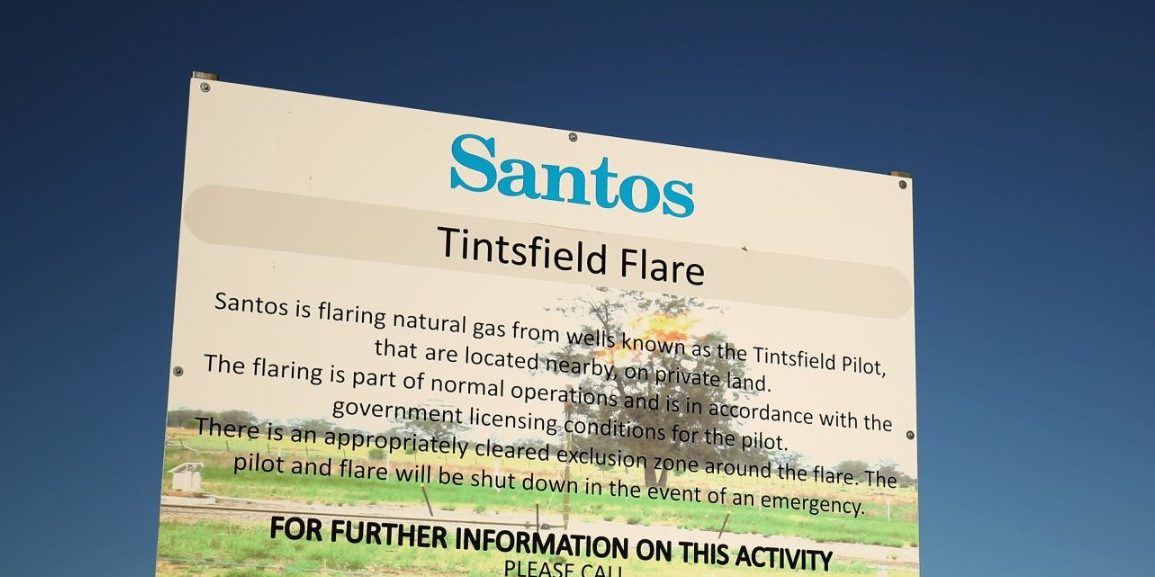In a landmark case, Santos faces allegations of misleading investors by presenting itself as a “clean fuels company” with a credible net-zero emissions plan.
The Australasian Centre for Corporate Responsibility (ACCR) argued in federal court that the company’s claims were not reasonably based and misled the public about its environmental impact.
ACCR’s representative, Noel Hutley SC, emphasized the case’s significance in ensuring Australian companies’ climate commitments are truthful.
This case, the first globally, questions the accuracy of Santos’ net-zero roadmap and could establish accountability standards for corporate climate strategies.
Santos’ 2020 annual report described natural gas as “clean energy,” suggesting its combustion produced minimal emissions.
However, evidence revealed that burning Australian-produced gas in 2020 emitted approximately 100 megatonnes of CO2.
The company’s use of terms like “zero-emission hydrogen” was also criticized, as hydrogen production from gas with carbon capture and storage still generates significant emissions.

ACCR highlighted internal estimates showing an additional 600,000 tonnes of CO2 emissions per year from hydrogen production, equivalent to 10% of the company’s annual emissions.
Further scrutiny arose over Santos’ 2021 climate change report, which claimed plans to cut emissions by 26%-30% by 2030 and achieve net zero by 2040.
The ACCR argued that key details and assumptions in these plans were underdeveloped and finalized hastily at the direction of Santos’ leadership.
Key omissions, including emissions growth from oil and gas exploration, raised doubts about the report’s transparency and accuracy.
ACCR seeks legal declarations of deceptive conduct and corrective measures, including prohibiting Santos from misleading practices and requiring public acknowledgment of its true environmental impact.
Santos is set to present its closing arguments on December 3, with judgment to follow.
This case sets a precedent for holding corporations accountable for greenwashing, emphasizing the need for transparency in climate strategies to protect public trust and the environment.

